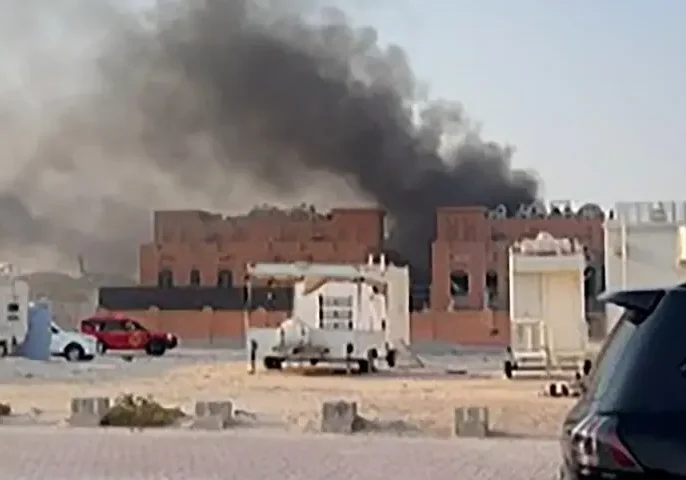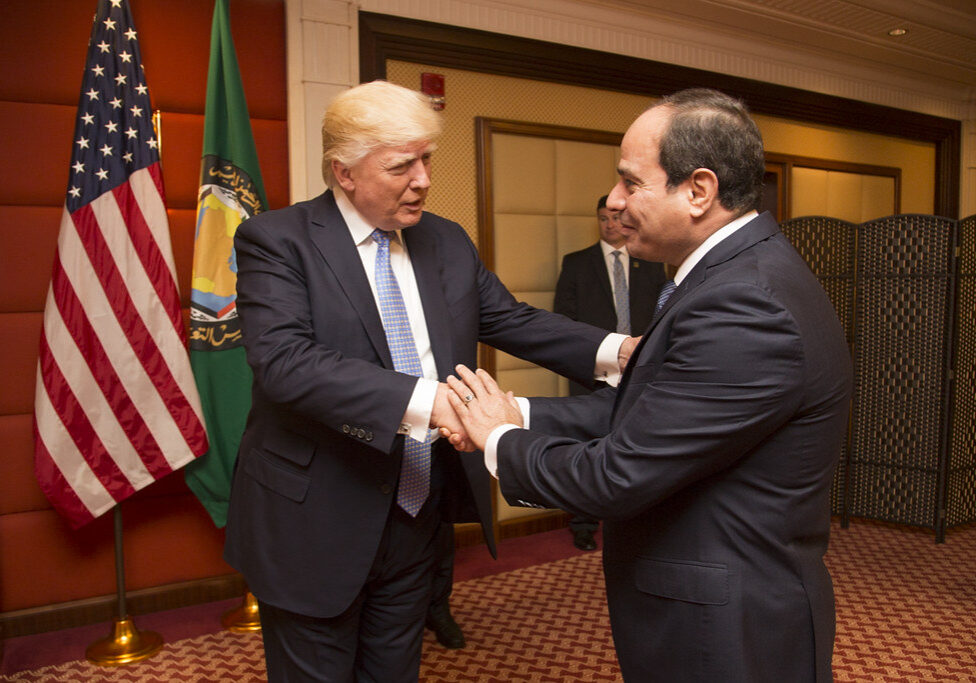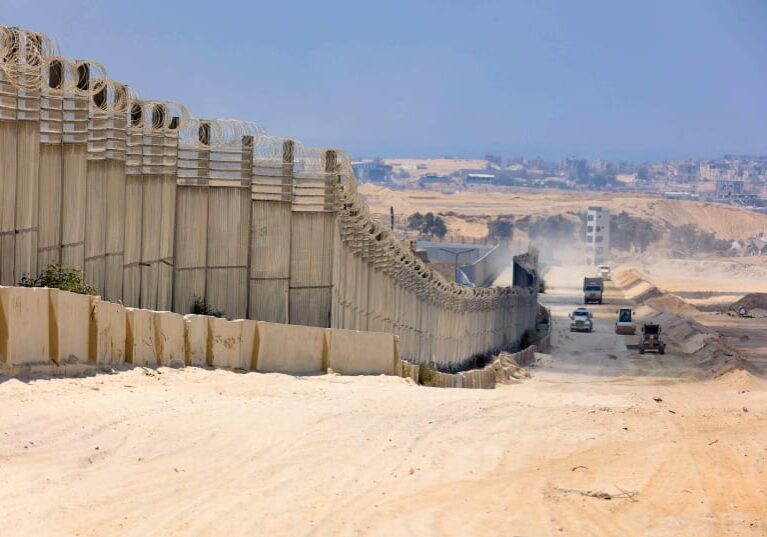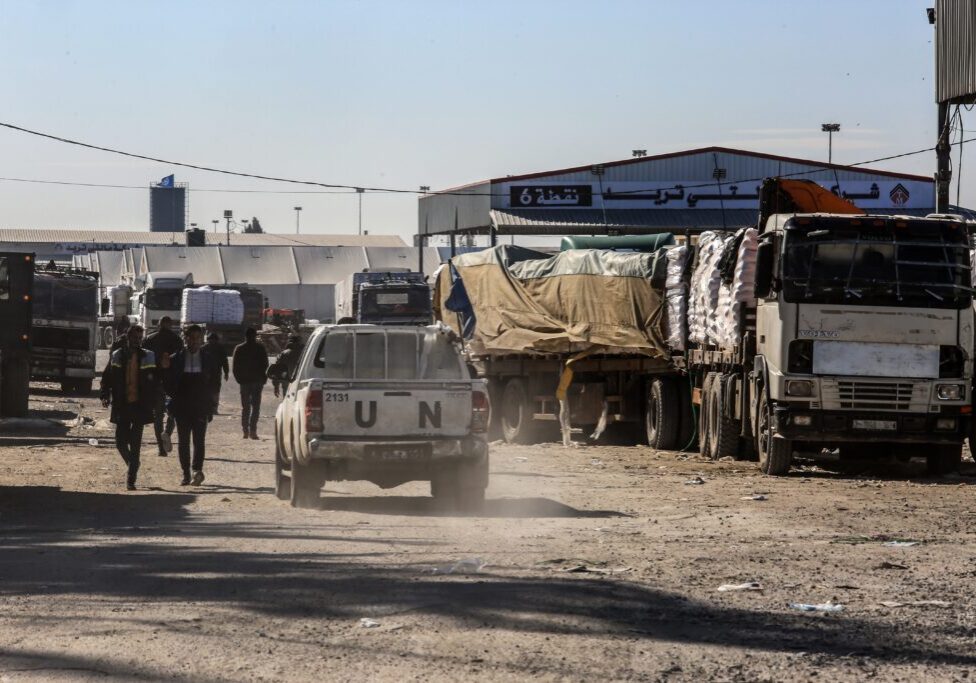Australia/Israel Review
Editorial: End of the Camp David era?
May 29, 2012 | Colin Rubenstein
Colin Rubenstein
Israel’s new national unity government – one of the country’s broadest coalitions on record – will have its work cut out in the months ahead. Domestically, in addition to the need to re-write the rules on military service for the ultra-Orthodox minority, and promised efforts to implement overdue political reforms, last year’s controversies over social equity issues are also likely to resurface.
Internationally, the problem of how to deal with Iran looms over everything else, representing perhaps the most significant existential threat Israel has faced in more than a generation.
But almost as important will be adapting to the changing and unsettled situation in Egypt, as it continues its political revolution following the ouster of Hosni Mubarak last year.
It is almost impossible to over-estimate the importance that the Israel-Egyptian peace accord has played in Israel’s strategic outlook since 1979. It is easy to forget how transformational the 1977 visit of Egyptian President Anwar Sadat to Jerusalem was. Up until that time, rejectionism had been universal among Israel’s neighbours, and the greatest threats Israel faced were the repeated coalitions of Arab national armies pitted against it.
The Sadat visit, and subsequent Camp David Accords and Peace Treaty, meant that the largest, militarily strongest and most culturally important Arab state suddenly exited the coalition against Israel. Israel has never since been seriously threatened by Arab conventional armies.
Israeli-Egyptian relations from that time have been colder and more fraught than most Israelis initially hoped and expected. Furthermore, there is no doubt that both the domestic repression and widespread incitement against Israel of the Mubarak era contributed to the extremism plaguing much of Egyptian politics today. Nonetheless, the post-Camp David relationship underpinned a new era which allowed moves toward Israeli-Palestinian peacemaking, a new relationship with Jordan, and growing acceptance of Israel’s permanence by other Arab states.
There is very good reason today for Israel’s leaders to fear that this era – the Camp David era – is now in sharp decline.
Egypt does of course need stability and legitimate leadership in the wake of 15 months of uncertainty and frequent violence since Mubarak’s departure, and Egyptians do deserve democracy and human rights. Provided that Egypt’s presidential elections, to be completed in a run-off in June, are conducted fairly and the results are accepted by the losing parties – neither of which can be taken for granted – the vote can be an important step towards both goals.
However, even a best-case scenario looks likely to entail the already cold Israeli-Egyptian peace turning even more frigid. And there is a very significant chance that Israeli-Egyptian peace will effectively cease to exist. Even a return to direct armed conflict cannot be ruled out.
None of the four major candidates for Egypt’s presidency will commit to maintaining the peace treaty with Israel – all demand “revision” at the least.
The candidates all represent ideologies fundamentally hostile to co-existence with Israel. Former Foreign Minister Amr Moussa is a strident Arab nationalist in the tradition of long-time Egyptian dictator Gamel Adbul Nasser. Moussa’s vituperative rhetorical attacks on Israel led to him being celebrated in the popular song “I Hate Israel.” Former PM Ahmed Shafiq comes from a similar tradition. Then there are the two Islamist candidates, Mohamed Morsi of the Muslim Brotherhood, and former Brotherhood figure Abdel Mounem Abouel Fotouh – often erroneously labelled a “moderate Islamist” (see p. 14). If either of these candidates come to power, this will install as President an ally of Hamas who view co-existence with Israel as religiously forbidden – alongside the Islamists’ current control over the Egyptian Parliament.
All the candidates have sought to gain political advantage by bashing Israel. None have sought to explain to Egyptians the fact that the peace treaty is not just a favour to Israel, but something that brings significant benefits in aid, stability and trade for Egyptians as well.
Regrettably, however, they are perceptively reading Egyptian public opinion, as well as helping to further radicalise it.
According to a Pew survey, 61% of Egyptians want Egypt to abandon the 1979 peace accord with Israel, up from 54% in 2011.
Equally telling, the same percentage of Egyptians said they preferred a political system modelled on the strict Islamic system in place in Saudi Arabia to the Islamic-secular democratic hybrid system of Turkey, which only garnered 17%.
It would certainly seem likely that regardless of who Egypt chooses as president – Islamist or Nationalist – Israel can expect more instability, more hostility, and more uncertainty from its southern neighbour for the foreseeable future.
The ruling Egyptian military – likely to remain powerful after the election – is expected to have a restraining influence on the political establishment under Egypt’s new Islamist-led parliament. Yet there is reason to doubt that the Egyptian generals will be any more effective in moderating the Islamist parties than Turkey’s military has been in reining in the AK Party in that country. Today, one-in-five Turkish generals have been imprisoned.
The Egyptian military will not seek war with Israel – they have too much to lose – but there is a significant chance that incidents involving either the increasingly lawless Sinai (see p. 16), or Hamas-controlled Gaza could spark conflict whether they want it or not. The growth of both Islamism and radical nationalism and the populist agitation they engender make such confrontation and escalation much more likely.
There is little Israeli leaders can do to influence any of this. However, Jerusalem’s new unity government will have to anticipate a variety of contingencies, be ready to manage likely crises, and above all, plan and prepare for the possibility that the transformations in Egypt will mean the end of the era of Camp David and the beginning of a much more precarious and dangerous one for Israel.
Israel, and the world, must await Egypt’s choice.
Tags: Egypt






